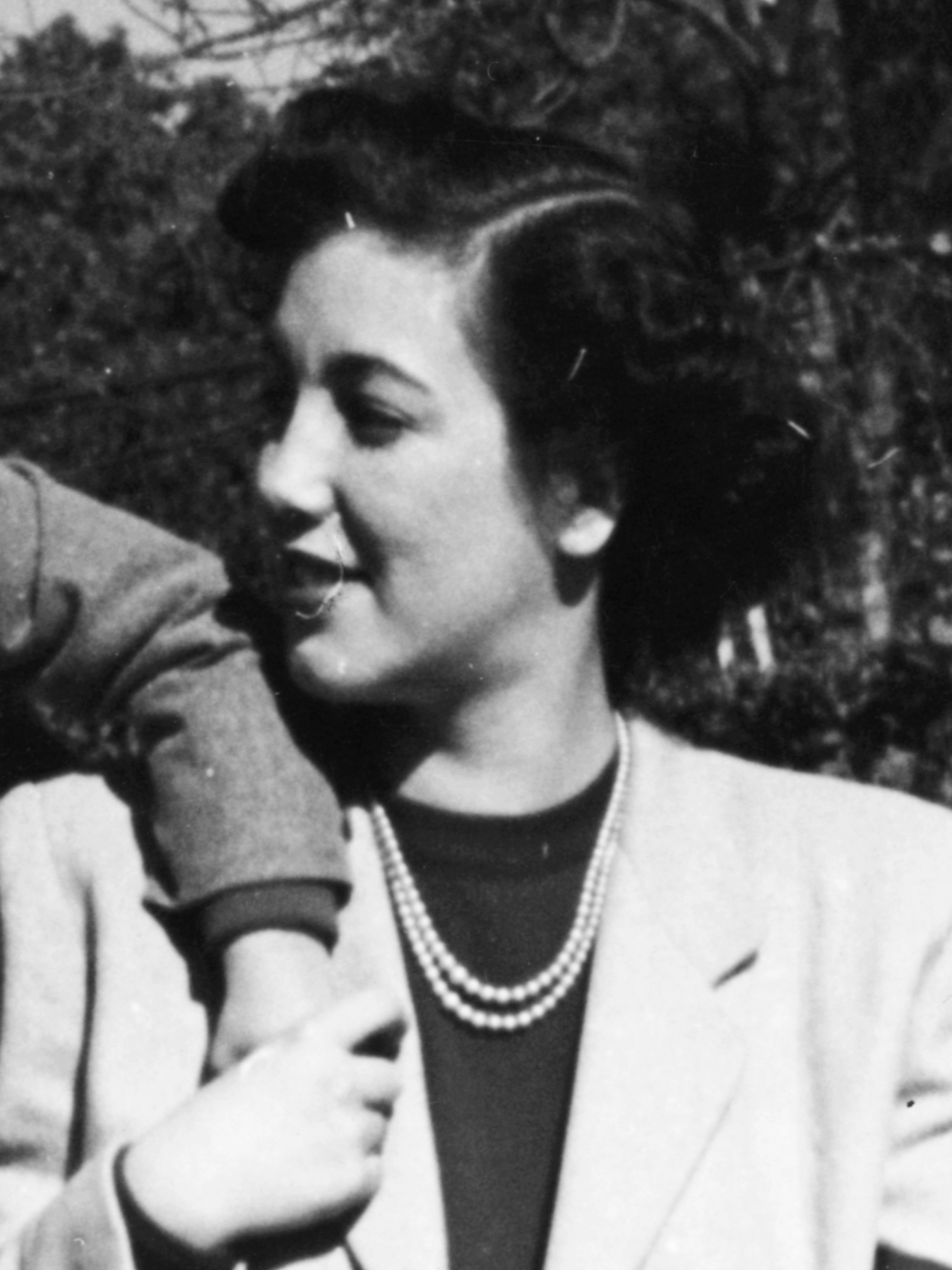Erzsébet Nagy on:
[Wikipedia]
[Google]
[Amazon]
 Erzsébet Nagy (13 April 1927 – 29 January 2008) was a Hungarian writer and translator, and the only child of the former
Erzsébet Nagy (13 April 1927 – 29 January 2008) was a Hungarian writer and translator, and the only child of the former
 Erzsébet Nagy (13 April 1927 – 29 January 2008) was a Hungarian writer and translator, and the only child of the former
Erzsébet Nagy (13 April 1927 – 29 January 2008) was a Hungarian writer and translator, and the only child of the former Prime Minister of Hungary
The prime minister of Hungary ( hu, Magyarország miniszterelnöke) is the head of government of Hungary. The prime minister and the Cabinet are collectively accountable for their policies and actions to the Parliament, to their political part ...
, Imre Nagy, who was executed following the failed Hungarian Revolution of 1956
The Hungarian Revolution of 1956 (23 October – 10 November 1956; hu, 1956-os forradalom), also known as the Hungarian Uprising, was a countrywide revolution against the government of the Hungarian People's Republic (1949–1989) and the Hunga ...
.
Biography
Erzsébet Nagy was born in the southern Hungarian city ofKaposvár
Kaposvár (; also known by other alternative names) is a city with county rights in the southwestern part of Hungary, south of Lake Balaton. It is one of the leading cities of Transdanubia, the capital of Somogy County, and the seat of the Kapo ...
on 13 April 1927. She was the only child of Imre Nagy and his wife, Mária Égető.
Erzsébet Nagy married Ferenc Jánosi. Imre Nagy did not object to his daughter's romance and eventual marriage to a Protestant minister, attending their religious wedding ceremony in 1946 without Politburo permission. In 1982, Erzsébet Nagy married János Vészi.
Nagy's father, Prime Minister Imre Nagy, was leading figure in the Hungarian Revolution of 1956
The Hungarian Revolution of 1956 (23 October – 10 November 1956; hu, 1956-os forradalom), also known as the Hungarian Uprising, was a countrywide revolution against the government of the Hungarian People's Republic (1949–1989) and the Hunga ...
, which was crushed by troops from the Soviet Union
The Soviet Union,. officially the Union of Soviet Socialist Republics. (USSR),. was a List of former transcontinental countries#Since 1700, transcontinental country that spanned much of Eurasia from 1922 to 1991. A flagship communist state, ...
. Erzsébet Nagy, along with her parents, her husband, Ferenc Jánosi, and her children were all deported to Romania
Romania ( ; ro, România ) is a country located at the crossroads of Central, Eastern, and Southeastern Europe. It borders Bulgaria to the south, Ukraine to the north, Hungary to the west, Serbia to the southwest, Moldova to the east, and ...
from Hungary following the failure of the Revolution. Other major supporters of the uprising were also deported.
Imre Nagy was returned to Hungary, as Romania was also part of the Soviet-controlled Warsaw Pact
The Warsaw Pact (WP) or Treaty of Warsaw, formally the Treaty of Friendship, Cooperation and Mutual Assistance, was a collective defense treaty signed in Warsaw, Poland, between the Soviet Union and seven other Eastern Bloc socialist repub ...
. He was found guilty of treason and executed by the Hungarian Communist government. Erzsébet Nagy did not return to her native Hungary until after her father's trial and execution. Nagy, a writer and translator by profession, was forced to work from her home for 15 years, as she was placed under a virtual house arrest by the Hungarian Communist government.
During the 1980s, Nagy became one of the co-founders of the Historical Justice Committee, which sought to exonerate those who were vilified and implicated in the 1956 Hungarian Revolution by the Communists authorities. Nagy actively participated in the memorial commemorations for those killed in the uprising following the Fall of Communism in 1989. She was noted for sometimes commemorating the 1956 Revolution with former Hungarian Communist officials who had supported the Soviet Union during the uprising. Nagy's efforts were considered controversial by anti-Communists
Anti-communism is political and ideological opposition to communism. Organized anti-communism developed after the 1917 October Revolution in the Russian Empire, and it reached global dimensions during the Cold War, when the United States and the ...
, but were also interpreted as an attempt to heal deep political divisions that existed from the Communist era.
Nagy died on 29 January 2008, in Budapest, Hungary from an undisclosed illness. She was survived by her son and daughter.
References
{{DEFAULTSORT:Nagy, Erzsebet 1927 births 2008 deaths Hungarian translators People from Kaposvár 20th-century translators Children of prime ministers of Hungary 20th-century Hungarian women writers 20th-century Hungarian writers